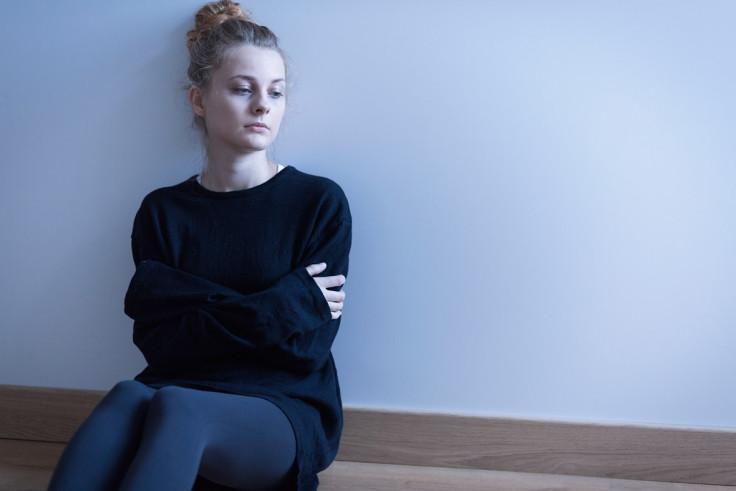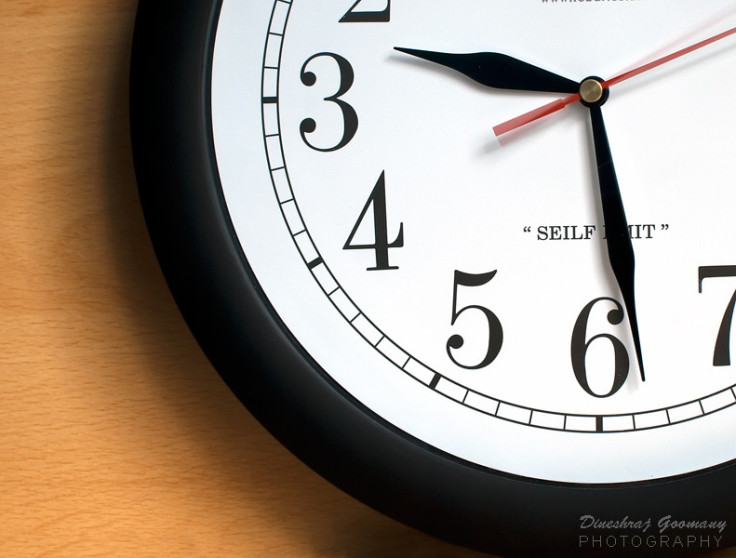End of daylight saving time associated with increased risk of depression
People are more likely to be diagnosed with depression in November after the end of British summer Time.

The number of people diagnosed with depression soars after the transition from daylight saving time at the end of October, scientists have shown. This may be because the hour change disrupts circadian rhythms – something which has been tied to depressive episodes in the past.
For many, the month of November is considered of the bleakest of year. Coming right after the transition from British Summer Time to standard time, it had previously been associated with a range of adverse health issues.
Scientists also suspect that daylight saving time transition can take a toll on people's mental health, and increase the risk of being diagnosed with unipolar depressive disorder, but there had so far been limited evidence to confirm this.
A recent study, published in the journal Epidemiology, investigates this hypothesis, looking at how many individuals in a large population sample were diagnosed with depression after the transitions to and from summer time.
Not a coincidence
The researchers, from the Aarhus University Hospital in Denmark, used the country's Central Psychiatric Research Register to analyse the data of 185,419 people who had been diagnosed with depression between 1995 and 2012.
While the transition from standard time to summer time was not tied to a change in incidence rates of unipolar depressive episodes, the scientists observed a marked trend of depressive episodes after the transition from summer time to standard time, lasting throughout November. This period was indeed associated with an 11% increase in the incidence rate of depression that dissipated over approximately 10 weeks.

According the scientists, this increase is too pronounced to be a coincidence. "We are relatively certain that it is the transition from daylight saving time to standard time that causes the increase in the number of depression diagnoses and not, for example, the change in the length of the day or bad weather. In fact, we take these phenomena into account in our analyses," says Søren D. Østergaard, one of the study's co-authors.
However, the researchers point out that many of these depression cases may be explained by a distress at the sudden advancement of sunset, and people's limited exposure to daylight. Changes to circadian rhythms as a result of time difference may also be to blame.
Read more: What's the point of the clocks going back – is Daylight Saving Time an outdated tradition?
Preventing depression
Although the study only focuses on the rate of severe depression diagnosed at psychiatric hospitals, it does not mean that the time transition does not affect other people.
"We expect that the entire spectrum of severity is affected by the transition from daylight saving time to standard time, and since depression is a highly prevalent illness, an increase of 8% corresponds to many cases," says Østergaard.
These findings are important because they bring robust evidence that daylight saving time transitions in the winter are strongly correlated with depression, which can lead to better prevention strategies to help people who are more vulnerable to the mental health disorder.
"Our results should give rise to increased awareness of depression in the weeks following the transition to standard time. This is especially true for people with a tendency towards depression as well as their relatives" concludes Østergaard.
© Copyright IBTimes 2025. All rights reserved.






















